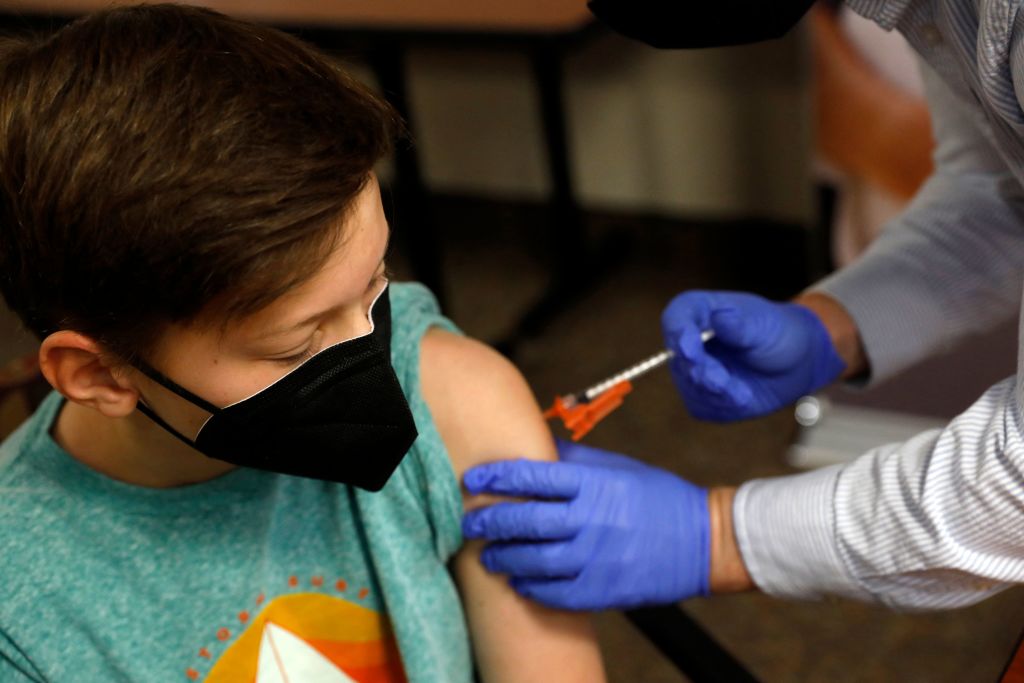Majority of U.S. parents would get their child under 12 vaccinated, poll finds


A free daily email with the biggest news stories of the day – and the best features from TheWeek.com
You are now subscribed
Your newsletter sign-up was successful
With Pfizer's COVID-19 vaccine potentially set to be ready for children under 12 by Halloween, a new poll suggests a majority of parents plan to get their young kids vaccinated.
In a Gallup poll released Tuesday, 55 percent of parents in the United States with children younger than 12 said they would get them vaccinated if a COVID-19 vaccine were available to them, whereas 45 percent said they would not.
This came as Pfizer on Tuesday submitted data to the FDA seeking to have its vaccine authorized for children between the ages of 5 and 11. The company previously announced that the vaccine was shown to be safe and effective among kids in this age group. Given this, former FDA Commissioner Scott Gottlieb suggested it's possible the vaccine could be approved for young kids "as early as around Halloween."
The Week
Escape your echo chamber. Get the facts behind the news, plus analysis from multiple perspectives.

Sign up for The Week's Free Newsletters
From our morning news briefing to a weekly Good News Newsletter, get the best of The Week delivered directly to your inbox.
From our morning news briefing to a weekly Good News Newsletter, get the best of The Week delivered directly to your inbox.
The Gallup poll also found that more than half of parents with young kids are very or somewhat worried about them contracting COVID-19, and 90 percent of parents who are very worried about this said they'll get their child vaccinated. The poll also found that 82 percent of parents who are themselves fully vaccinated said they'd get their child vaccinated, but only one percent of parents who don't plan to get vaccinated will vaccinate their child.
The Gallup poll was conducted from Sept. 13-19 by surveying a random sample of 4,034 adults online. The margin of error is 2 percentage points. Read more at Gallup.
A free daily email with the biggest news stories of the day – and the best features from TheWeek.com
Brendan worked as a culture writer at The Week from 2018 to 2023, covering the entertainment industry, including film reviews, television recaps, awards season, the box office, major movie franchises and Hollywood gossip. He has written about film and television for outlets including Bloody Disgusting, Showbiz Cheat Sheet, Heavy and The Celebrity Cafe.
